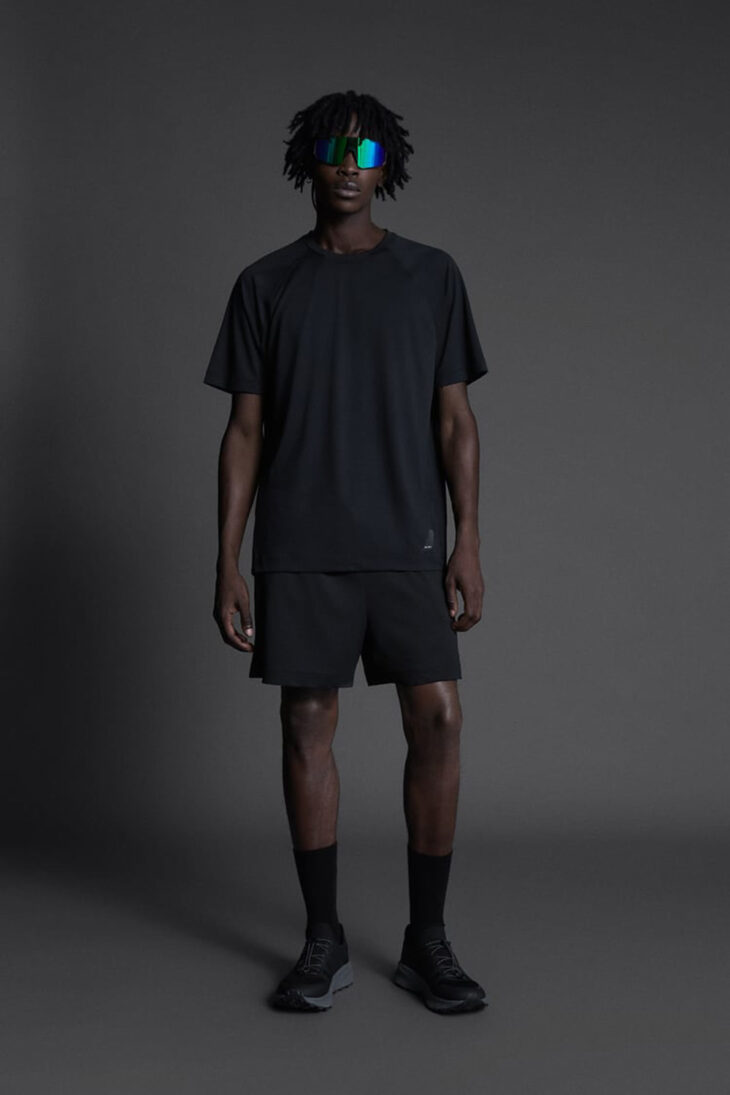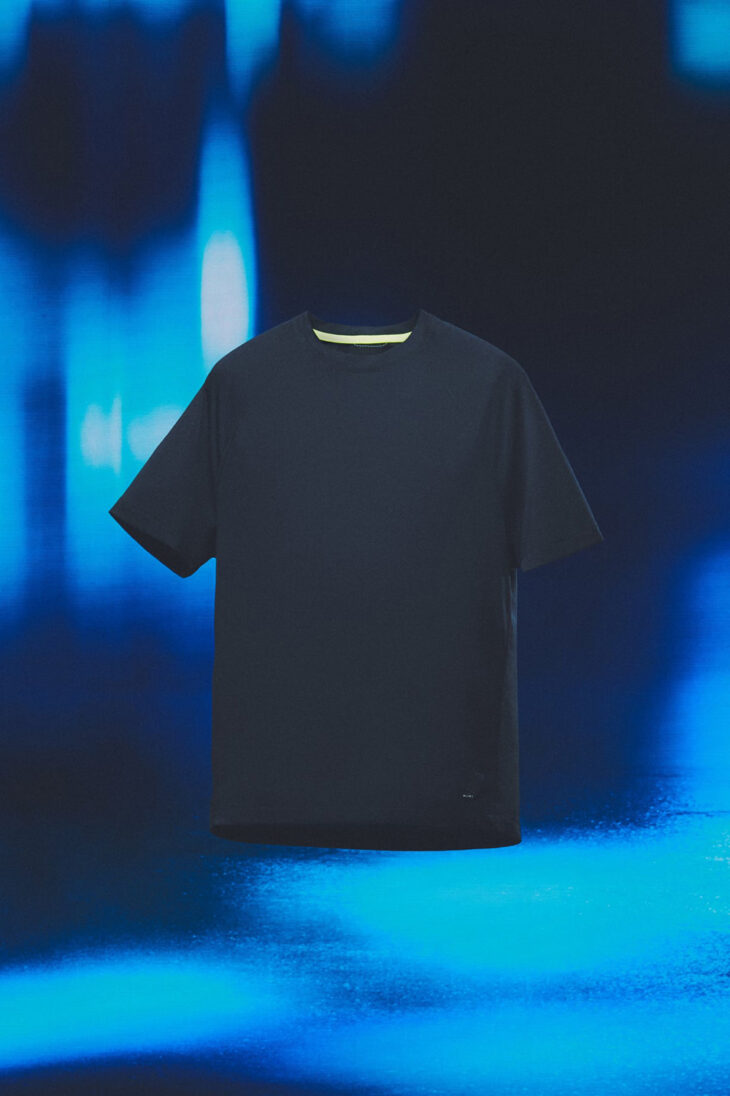
Every once in a while, a collaboration comes along that claims to redefine standards. Zara, the crown jewel of the INDITEX group, recently announced their newest feat in the sustainability sector, achieved in partnership with Ambercycle. But, as with all things avant-garde, one must ponder – is this collaboration truly a sustainable stride or just another attempt to dress up greenwashing in haute couture? It’s impossible to overlook the gravity. But how substantial is this collaboration in the grand scheme of fashion’s eco-revolution?
The Sustainability Innovation Hub within INDITEX speaks proudly of the Ambercycle x Zara venture as a benchmark in recycling. At the heart of it lies Ambercycle’s breakthrough molecular recycling process, which can extract pure polyester from textiles that were previously deemed non-recyclable. This technique leads to the creation of CYCORA®, a recycled polyester born from end-of-life garments. Shay Sethi, the visionary behind Ambercycle, claims this isn’t just about technology—it’s about reshaping fashion’s very fabric towards a circular model.



However, there’s more. With a recent agreement in place, Inditex commits to purchase CYCORA® worth over €70 million across three years. This alliance not only aids in building Ambercycle’s inaugural commercial-scale textile regeneration factory but also ensures that by 2025, CYCORA® will be an integrated part of Inditex’s offerings. A bold commitment, considering Inditex’s ambition to transform 100% of its textile products into more eco-friendly alternatives by 2030.
Javier Losada, Inditex’s Chief Sustainability Officer, emphasizes their unwavering dedication to promoting circularity in the fashion realm. By partnering with Ambercycle, Inditex seeks to turn old textiles into new, reducing wastage and curtailing emissions. “At Inditex we are committed to achieving circularity in the fashion industry. We want to drive innovation to scale up new solutions, processes and materials to achieve textile to textile recycling. Ambercycle’s groundbreaking molecular regeneration technology transforms end-of-life textiles into new materials, effectively reducing waste and emissions in the production cycle,“shares Losada.

The tangible manifestation of this collaboration is “Zara Athleticz,” a capsule collection launched today with 50% CYCORA® content. It stands as a testament to the harmonious blend of innovation, functionality, and style, while minimizing the ecological footprint. Yet, as with all visionary ventures, critical lenses are essential. 50% CYCORA®—is that the zenith or just a starting point? Especially when our planet’s ecological balance hangs in a precarious limbo.
Inditex’s Sustainability Innovation Hub, tasked with fostering novel materials and eco-friendly processes, is an incubator of green dreams. Through rigorous life cycle analyses encompassing diverse impacts, from emissions to water usage, it aspires to craft alternatives that genuinely benefit our environment.
The Zara x Ambercycle collaboration embodies a laudable leap towards eco-friendliness. Yet, the fashion fraternity and consumers alike must vigilantly monitor its evolution. After all, in an industry famed for fleeting trends, sustainability must stand the test of time. Only then can this alliance be deemed truly revolutionary.
Let us know your thoughts in the comments below:



















